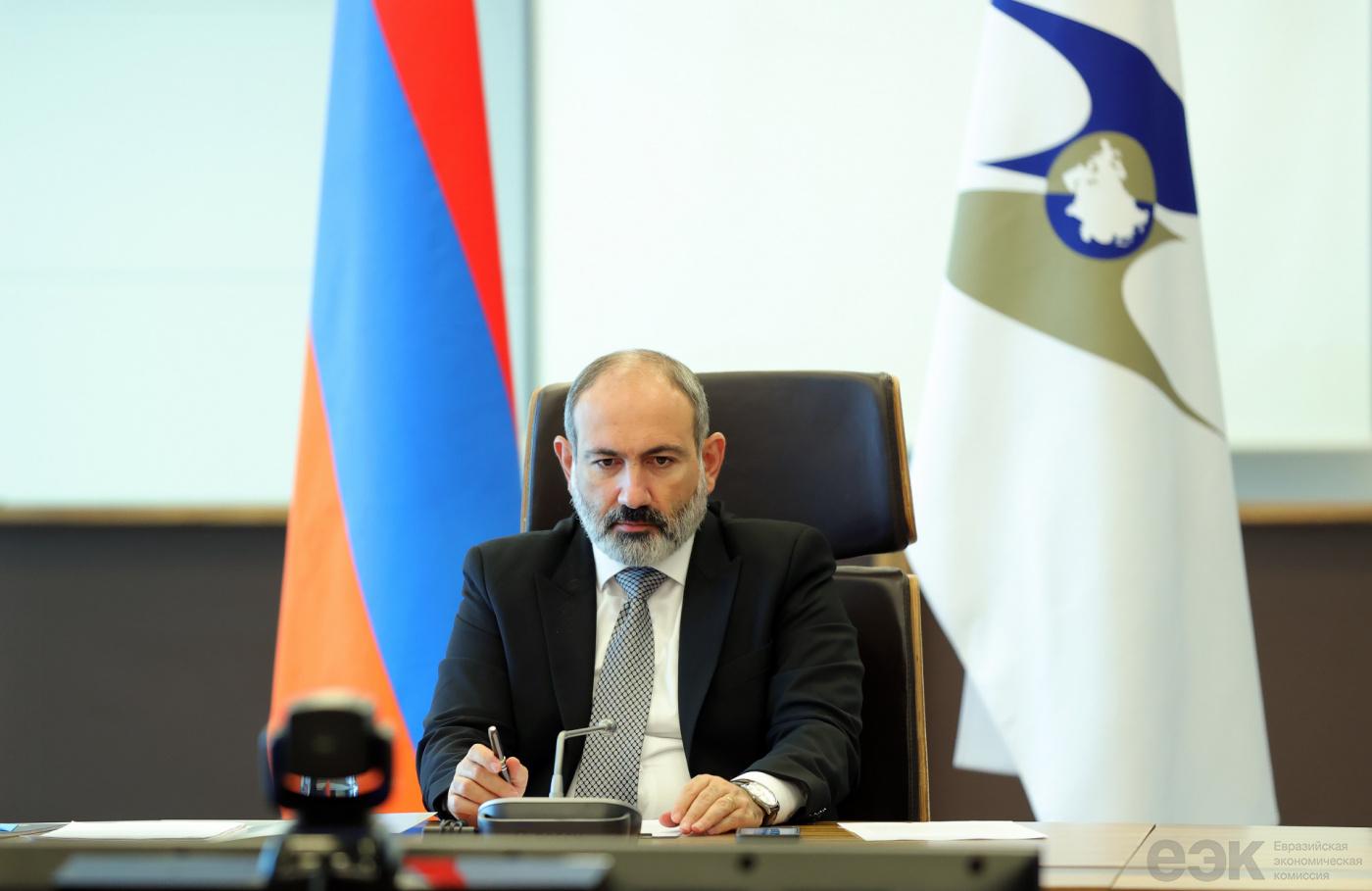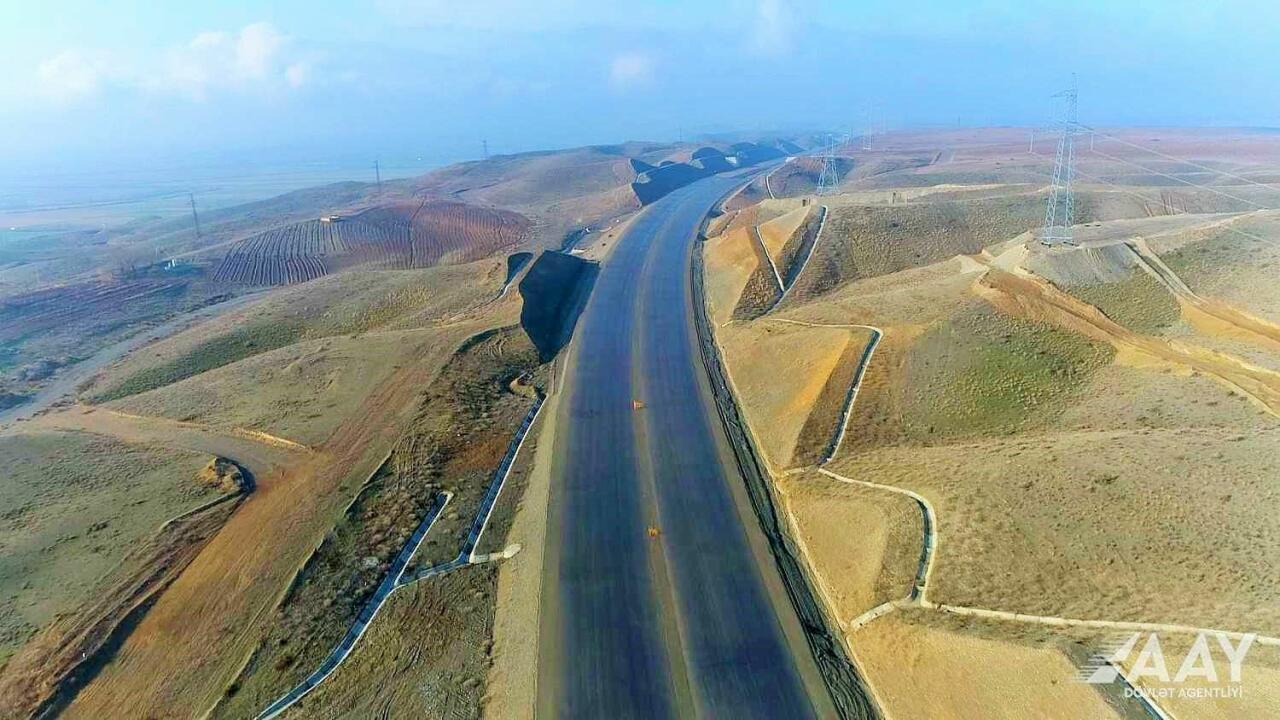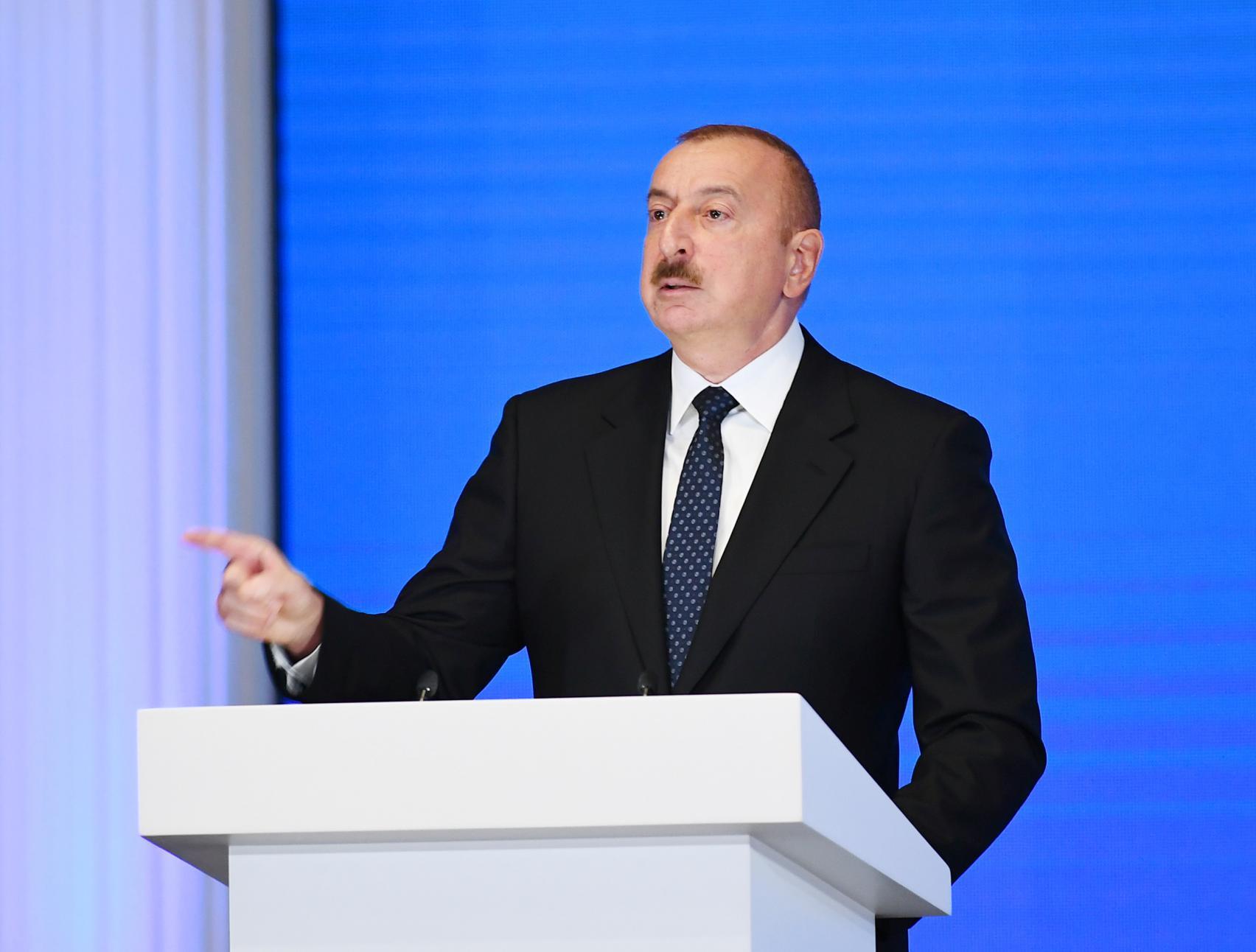Yerevan stalls Zangezur corridor: A "Peace Crossroads" to nowhere Hindering regional connectivity
The Armenian government has been notably active on European platforms, presenting itself as committed to peace with Azerbaijan, thereby misleading the international community. This facade was once again evident in the statements made by Armenian Foreign Minister Ararat Mirzoyan during his meetings in Zagreb with Croatian Foreign Minister Gordan Grlić-Radman and Bosnian Foreign Minister Elmedin Konaković.
Mirzoyan emphasized that achieving a peace treaty with Baku is a priority for Yerevan, claiming that Armenia has shown political will in this regard. However, lacking concrete evidence to back his claims, the Armenian minister failed to specify any tangible steps Yerevan has taken to ensure regional security. In reality, Armenia seems to be actively stalling the normalization process with Baku, refusing to amend its constitution, which still contains territorial claims against Azerbaijan and Türkiye, and attempting to delay the peace treaty.

Proverbial "Crossroads" again
Interestingly, despite the Armenian-Azerbaijani negotiations being at risk of a deadlock due to Armenia's actions, Yerevan continues to promote its "Crossroads of Peace" concept to the international community, a notion initially proposed by Prime Minister Nikol Pashinyan. Mirzoyan reiterated this idea on the Croatian platform, as he did during his recent visit to Estonia, claiming that international partners have positively received the initiative. Armenia tries to persuade its European partners that this concept is crucial for developing transport and logistics projects along the North-South and West-East axes. However, the "Crossroads of Peace" concept appears to have more political motives than transport-related ones. Armenia is attempting to create an image of a peace-loving country, even though it was content with the occupation of Azerbaijani territories for nearly thirty years without any peace initiatives. Consequently, Baku views this political manoeuvre by Yerevan as a mere PR stunt to attract international attention.
Additionally, Armenia has proposed the "Crossroads of Peace" project as an alternative to the Zangezur corridor, a critical infrastructure project that Armenia has been delaying since the beginning of the post-conflict period. This is seen as another diplomatic twist by Yerevan.
A dead-end road instead of the Zangezur corridor
The feasibility of Pashinyan's "Crossroads of Peace" is highly questionable for several reasons. Yerevan suggests a transport route to Nakhchivan through Armenian territory that is impractical due to adverse weather conditions and challenging geographical terrain. Essentially, Armenia is proposing to open a second "Lars," a route that has proven inefficient in terms of logistics and trade, while the Zangezur corridor remains the most optimal option for regional development.
The railway from the western regions of Azerbaijan to the Nakhchivan Autonomous Republic (NAR) (Goradiz - Aghbend - Meghri - Julfa - Arazdeyan) is supposed to pass through the Meghri section (Zangezur corridor). However, Yerevan suggests laying a motorway from mainland Azerbaijan to NAR through Kornidzor, where it would connect with the North-South motorway and then proceed to Arazdeyan. This option is unsuitable for Baku for several reasons. Kornidzor is a high-altitude village situated at 1,190 meters above sea level, making it a mountainous serpentine route that is regularly closed to traffic during winter. Given that there is a flat road through Meghri, there would be no need for a motorway to Nakhchivan through the problematic winter route of Kornidzor. Furthermore, the construction of the Goradiz - Jabrayil - Zangilan - Aghbend motorway, which provides access to the Zangezur corridor, is nearly complete.

Furthermore, Pashinyan's "Crossroads of Peace" involves the construction of additional hundreds of kilometers of roads and railways, with estimated costs ranging between $8 billion and $10 billion. This financial burden is unaffordable for Armenia, and Azerbaijan, which is actively engaged in the reconstruction of Karabakh liberated from Armenian occupation, will not fund the construction of infrastructure in Armenia. Hence, Pashinyan's "Crossroads of Peace" seems designed solely to obstruct the opening of the Zangezur corridor.
Russia, US greenlight Zangezur corridor
In January, Russian Foreign Minister Sergei Lavrov stated during his annual press conference that there is no alternative to restoring the route connecting Azerbaijan and Nakhchivan via Armenia. He pointed out that the delay in opening this route was due to Yerevan's stance. "The Trilateral Statement by the leaders of Russia, Azerbaijan, and Armenia clearly states that all communications in the region should be open. The Armenian side committed to opening the communication between the main part of Azerbaijan and Nakhchivan, with the security of this route to be ensured by the border troops of the Russian Federal Security Service," Lavrov explained.
Lavrov's comments indicate that Russia supports the opening of the Zangezur corridor, under the control of FSB border troops as outlined in the Trilateral Agreement. In this regard, the positions of Moscow and Baku are aligned.
In turn, ahead of his visit to Baku, US Assistant Secretary of State for European and Eurasian Affairs James O'Brien said at a hearing in the House of Representatives of Congress that Washington seeks to ensure that exports of goods from Central Asia do not go through Russia and China, but through alternative routes, including Azerbaijan. O'Brien noted that exports from Central Asian countries to world markets now go only through China and Russia, and "they need to cooperate with Azerbaijan for a workaround."
"One route goes through Georgia to the Black Sea, but another, potentially larger route would go through Azerbaijan, Armenia and Türkiye, and for those reasons, we need a peace agreement between Azerbaijan and Armenia," the diplomat explained.
In other words, O'Brien hinted that the US is not only not against, but would even like to take control of the Zangezur corridor.

Despite the formal backing from Moscow and Washington for the opening of the Zangezur corridor, Yerevan's stubborn stance casts doubt on this issue.
Baku warns Yerevan
It's crucial to highlight that Armenia, by pushing for the "Crossroads of Peace" and obstructing the opening of the Zangezur corridor, is violating its commitments under the Tripartite Statement of 10 November 2020.
President Ilham Aliyev has clearly viewed the project proposed by the Armenian authorities as a public relations manoeuvre.
"I think it is just a PR action. As you know, Armenia does not implement one provision of the Tripartite Statement of November 10, 2020, and actually neglects its obligations. That is why they put forward such a proposal to cover this fact and at the same time to erase the words 'Zangezur corridor'. The expression 'Zangezur corridor' really annoys them. And when I say that the corridor does not question the sovereignty of any country, there is the North-South corridor, which passes through the territory of Azerbaijan. It does not mean that our sovereignty is questioned in this case. Finally, there is the East-West corridor, but for some reason in Armenia the word 'corridor' evokes a slightly different attitude. That's why it was first called 'Armenian Crossroads' and then 'Peace Crossroads'. But in reality, it is nothing more than a PR campaign," the President emphasized, noting that the most viable option is to pass through the Meghri territory.

"Back in Soviet times, a railway ran from there and a motorway was being built. The railway and motorway should also pass along this route. As I said, people and goods from Azerbaijan to Azerbaijan should pass through without any inspection. Otherwise, Armenia will forever remain a dead end. If the route I mentioned is not opened, we do not intend to open the border with Armenia at any other place. That is, thus, they will get more harm than good from it," the President said.
At the same time, the Azerbaijani leader sent an unambiguous message to Armenia that it is impossible to implement any transport project in the region without Baku's consent. Earlier in December 2023, the Azerbaijani president, speaking at the international forum "Karabakh: Returning Home after 30 years. Achievements and Difficulties", stated that Armenia loses a lot by giving up the Zangezur corridor, including the possibility of opening communications with Azerbaijan.
"The Zangezur corridor is not only a route that would connect the main part of Azerbaijan with Nakhchivan, but as part of the transport corridor it would also carry cargoes from China, and Central Asia," the head of state stated.
In other words, Baku warned Yerevan that by creating obstacles to the opening of the Zangezur corridor, Armenia, first of all, deprives itself of the opportunity to become a participant in important regional projects and loses in all directions. It should be noted that Azerbaijan has already started the construction of a road bypassing Armenia through Iran to Nakhchivan with access to the border with Türkiye.
The conclusion that emerges from this situation is that Baku is determined to secure a land connection to its territory, regardless of Armenia's stance. Meanwhile, Yerevan appears to be stalling progress by manipulating the "Crossroads of Peace" concept, effectively creating a deadlock.








